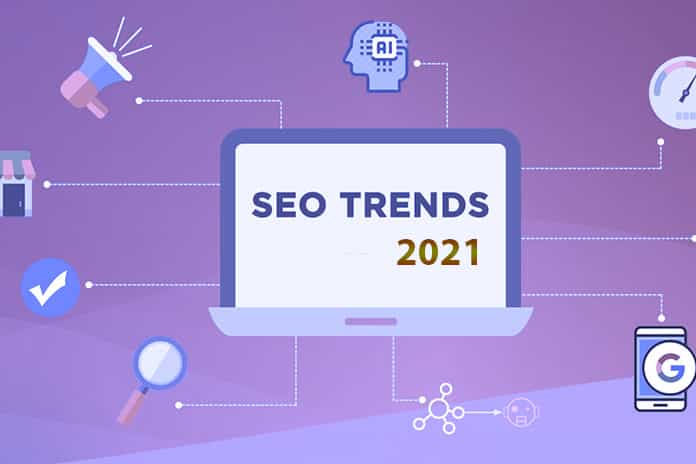This year, we are not anticipating major upheavals, but rather the continuation of trends already present. Find out about our predictions, and what you’ll need to do to progress in SEO this year.
Safe values
1. Safety First = HTTPS or Nothing
Having an HTTPS site means that the user’s data is encrypted and better protected. In recent years, this has become a web standard, particularly under the impetus of the web giants.
This is no longer a hypothesis, but a fact: having a site that is not using the HTTPS protocol will be untenable in 2020. In addition to being a proven ranking signal for Google, each new version of Chrome buries a little more sites that are not in HTTPS, adding warning messages that are disturbing to the user.
In February 2019, 92% of the pages loaded in Chrome worldwide are in HTTPS. This leaves 8% of page views that are not.
What to do: if you haven’t already done so, switch absolutely all your sites to HTTPS, taking care not to migrate everything, including subdomains and resources (images, cache, …). Otherwise, beware of the penalty!
2. Mobile-first
For 2 years now, more than 50% of Google requests are made on mobile. But since 2018, Google has started to really become “Mobile-first”. That is to say that, to go and discover a site, Google robots use a mobile user-agent (ie: the Google bot visits the site as if it were from a cell phone).
Little by little, websites are going “mobile-first” for Google. In 2019, all sites will be there.
3. AMP and PWA
AMP (Accelerated Mobile Page) is a “light” page format, designed specifically by Google for mobile viewing. Originally reserved for the media (for Google News), this format tends to extend to more and more subjects (content, e-commerce).
The PWA (Progressive Web App) is a format for having a website that is similar in terms of the experience of a mobile app. In France, lequipe.fr was one of the pioneers.
Our opinion: despite some controversies lately, we believe that the AMP format has a lot of interest in SEO and that you should go without hesitation if your industry is of course suitable.
Regarding the PWA: very promising in theory, this format is still disappointing in terms of user experience, and also in terms of SEO. So be patient.
4. Web-perf (loading time)
It’s been a few years now that Google has indicated that loading time is an important criterion for SEO. It will be even more so in 2019; that’s for sure, and that’s an excellent thing.
Study after study, we see that the page loading time is a key factor for positioning in Google, but also for conversion rate and satisfaction for users, especially on mobile.
5. Position 0, FAQ and “intent-based marketing”
The “Position 0” (or “Featured snippet” for Anglo-Saxons) is this format by which Google responds directly to the question in the results.
On this subject again, the trend is very clear and has been for several years. From a search engine, Google tends to become a question and answer engine. We can see this every day through position 0, searches in Google Assistant or even via Google Home.
You can start with simple things, like building FAQs on your site. Then we can enrich them, with question-answer logic directly integrated into the pages of the site (product pages, editorial pages).
Also Read: Free And Paid SEO & Web Marketing


